The first World Health Forum held by Tsinghua University kicked off on Saturday with senior Chinese officials, foreign diplomats and global health experts attending to discuss how to build a resilient public health system.
Chinese Vice Premier Sun Chunlan delivered an inaugural speech via video link.
Qiu Yong, President of Tsinghua University, Li Bin, Vice Minister of the National Health Commission, Yang Bin, Vice President and Provost of Tsinghua University, and Liang Wannian, Vice Dean of the Vanke School of Public Health of Tsinghua University jointly launched the first World Health Forum. The opening ceremony of the forum was moderated by Yang Bin.
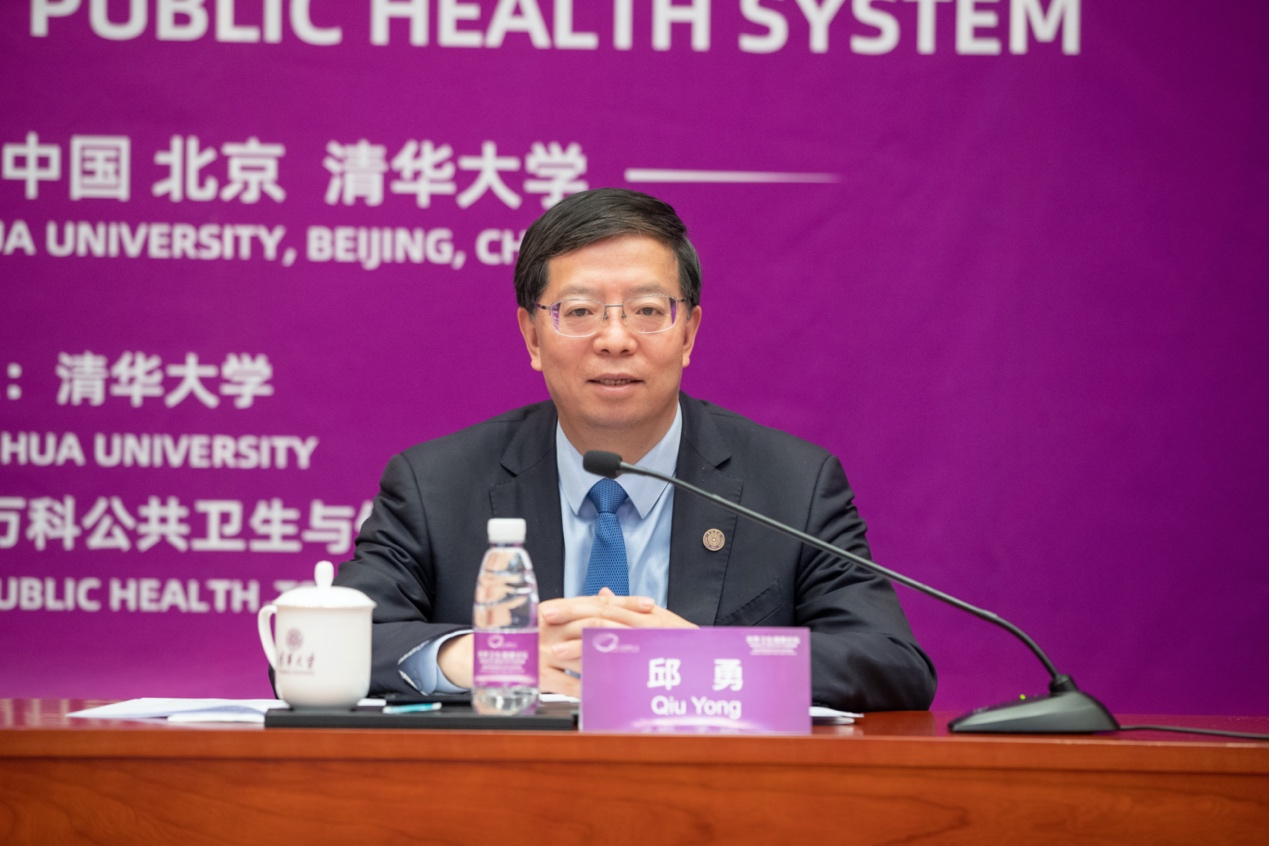
Qiu Yong delivered a speech at the opening ceremony. On behalf of Tsinghua University, he welcomed the Chinese and foreign guests who participated in the online forum. Qiu said in the face of great challenges related to human destiny, universities should shoulder their due responsibilities with the scientific spirit. On the road to promoting the progress of human civilization, universities should hold up a blue sky for the future of mankind with an open mind.
He mentioned that on March 2 last year, when President Xi Jinping visited the School of Medicine, Tsinghua University, he pointed out that public health security is a common challenge facing mankind that requires joint efforts of all countries. On April 2 last year, the Vanke School of Public Health was officially established. Under the leadership of Dr. Margaret Chan, the school has actively expanded global cooperation and achieved important results. It has had a wide and positive impact at home and abroad, contributing to the protection of human life and health.
Qiu said during the 110th anniversary of Tsinghua University, the university held the Global Forum for University Presidents 2021 and released the “Tsinghua Consensus,” which advocates that universities should be more open, more integrative, more resilient and shoulder greater social responsibilities. Looking ahead, Tsinghua University will deepen cooperation with partners around the world with a more open attitude and make important contributions to promoting sustainable development and safeguarding the bright future of mankind.
Qiu noted that it is an urgent and fundamental measure to prevent and respond to the global pandemic and strengthen the public health system. The opening of the first World Health Forum is an important step for us to jointly promote the building of a community of health for mankind. He hoped that everyone could work together to build a resilient public health system and promote the construction of a human health community.
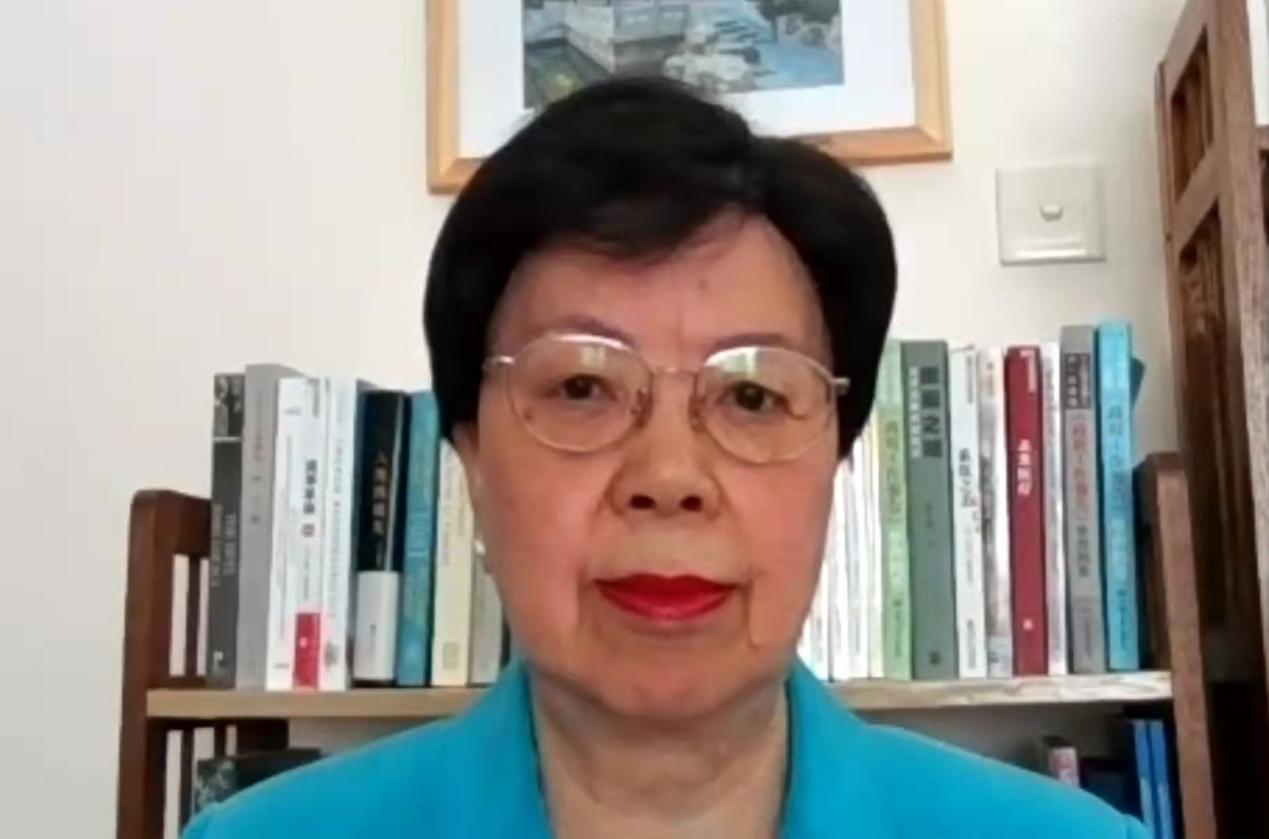
In welcome remarks at the opening ceremony, Margaret Chan, Chair of the World Health Forum, said that the ongoing COVID-19 pandemic was causing havoc in many dimensions around the world and its consequences were far-reaching, and that the first forum was being held to respond to the massive unmet need for a resilient public health system around the world.
“The Tsinghua University Vanke School of Public Health, born during this global crisis, has a keen sense of urgency and responsibility to further coalesce global wisdom in health. I thank the University leadership and others for their strong support, the World Health Forum welcomes policy-makers, academia, the private sectors in all countries to join our inclusive dialogue and to take action towards building a global community of health for all,” said Chan, who is also the founding dean of the Vanke School of Public Health, which was established in April last year.
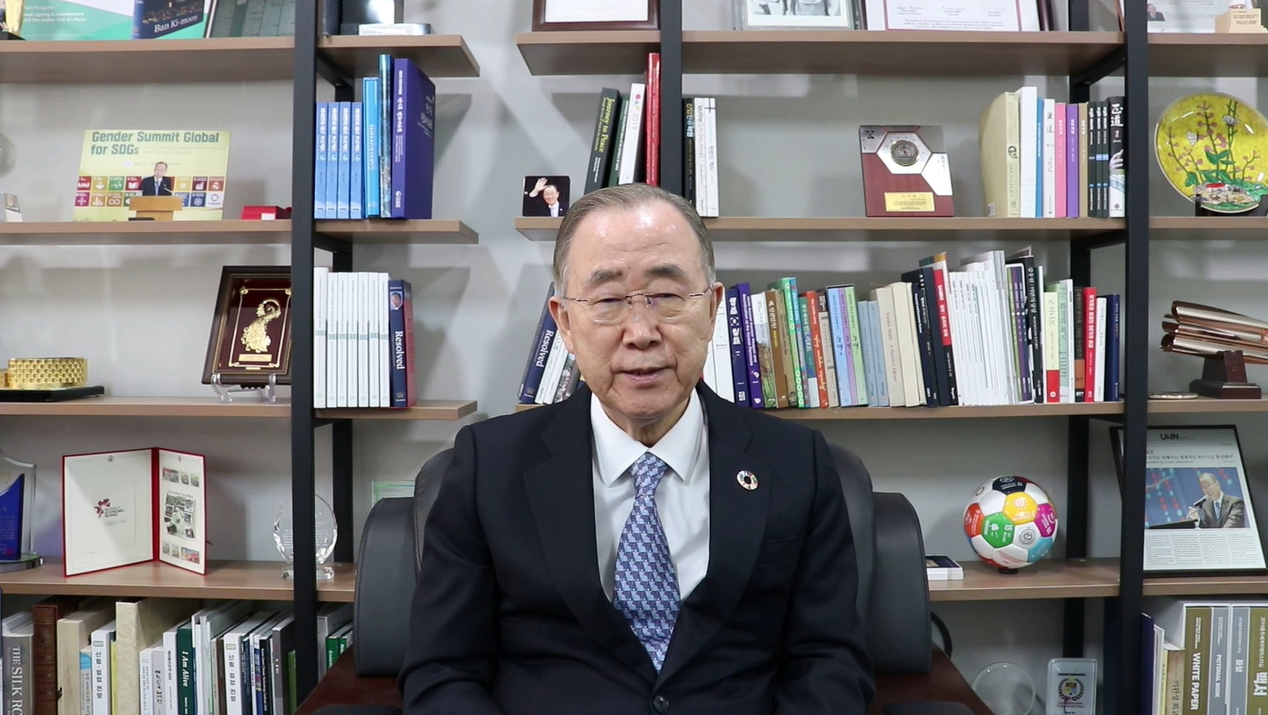
Ban Ki-moon, former Secretary-General of the United Nations, spoke highly of the forum, saying that “it is a timely annual tradition for broadening and deepening future public health dialogue.” He said there has never been a timely junction for the public health community to elevate its actions to help achieve the UN’s vision of peace, security, good health, and sustainable development health and healthcare all around the world. “Fortify pandemic preparedness and response efforts. Innovatively harness big data. Go farther in protecting human health. Through your vision, I’m confident that we can elevate global health, boost cooperation and leave no one behind,” he said.
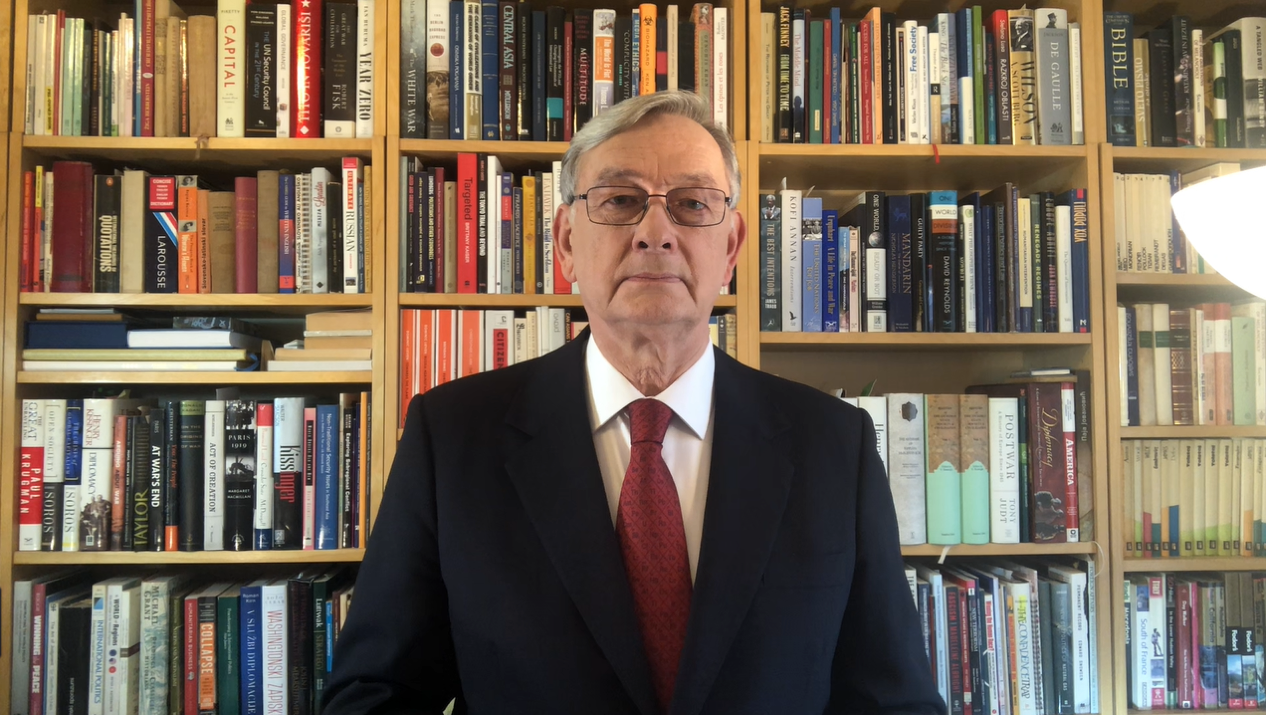
Danilo Türk, former President of Slovenia and current President of the World Leadership Alliance – Club De Madrid, said that in the time of global emergency the world needs emergency cooperation of global proportions. “All governments and all international organizations have to take part in it. No future disease outbreak should be allowed to become a devastating pandemic. Global public health is a global public good and must be protected as such,” he added.
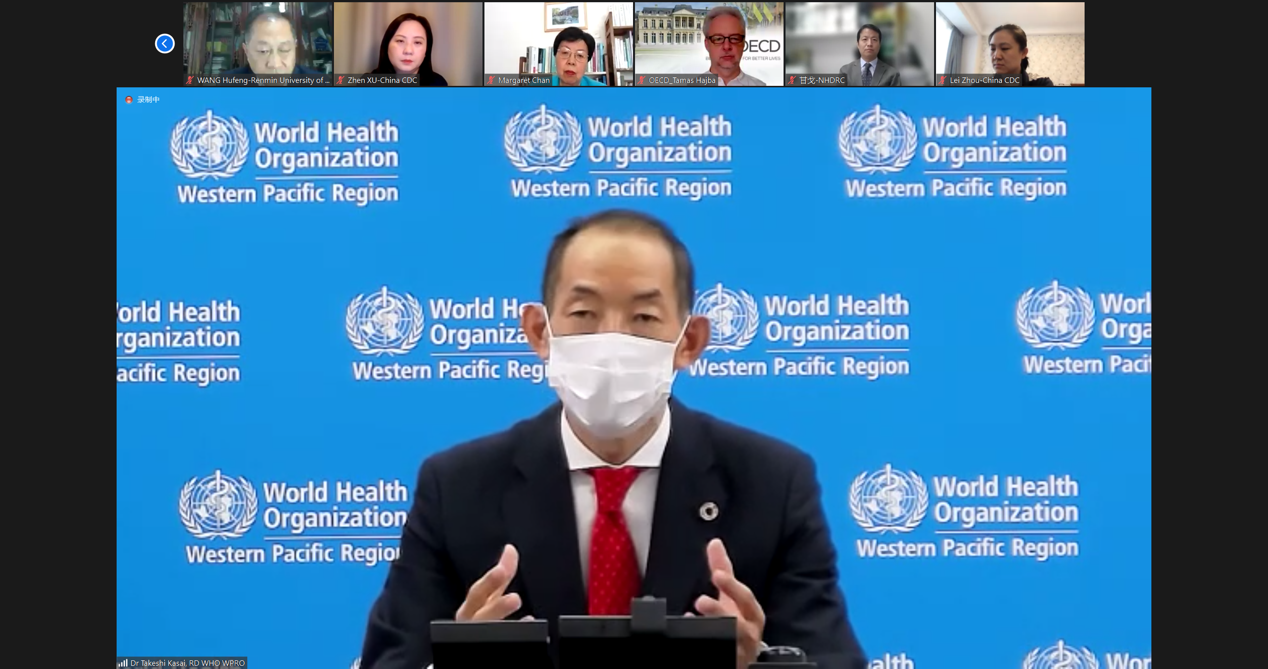
Takeshi Kasai, World Health Organization (WHO) Regional Director for the Western Pacific, shared five important lessons learned from the pandemic, including "the relationship between the health, economic, and social well-being”, "building a strong and resilient health system", "protecting vulnerable groups to promote social fairness" and " partnerships within and beyond the health sector” as well as “international exchanges and cooperation”. He said that the Healthy China 2030 vision was very much in line with this thinking – and WHO very much looked forward to continuing to work closely with China to support progress towards making this inspiring vision a reality.
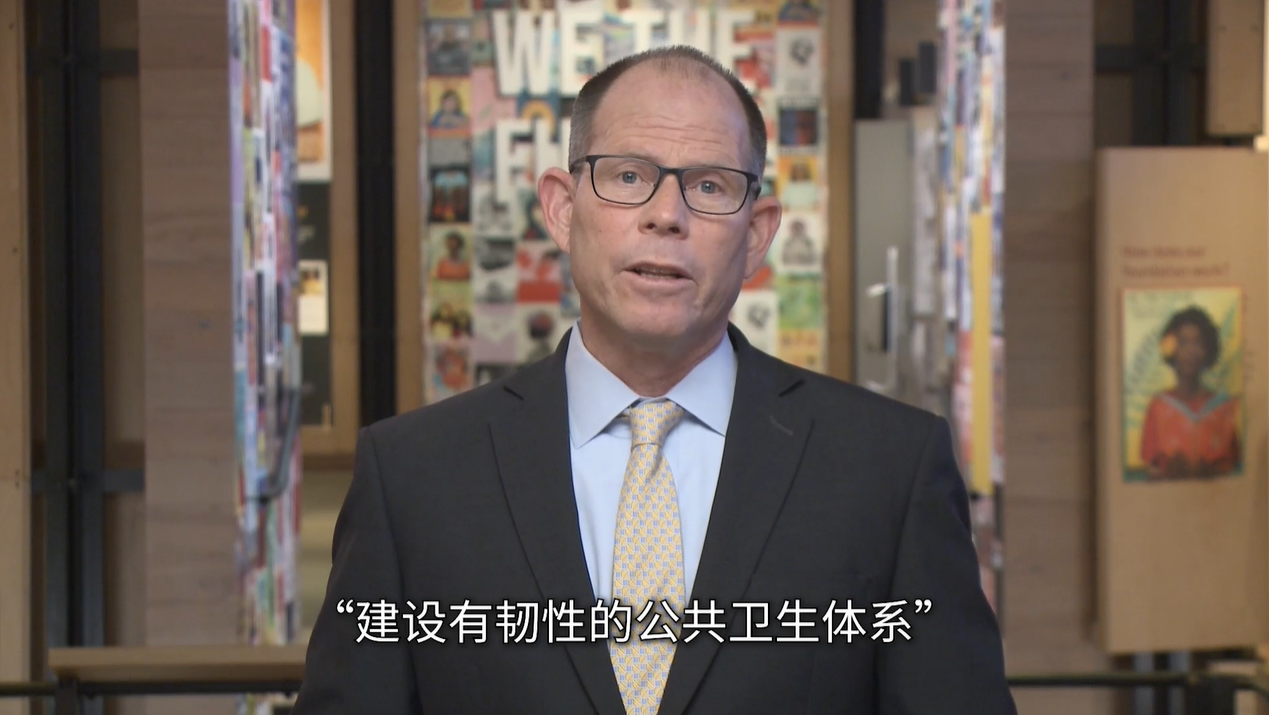
Mark Suzman, CEO of the Bill & Melinda Gates Foundation, made a detailed illustration on “we are reminded how critical it is to be proactive rather than reactive in our approach to global health.” Referring to the cooperation between Bill & Melinda Gates Foundation and China, Mark Suzman said, “China’s commitment to address health and development challenges is inspiring and we are impressed by the resilient public health system China has built. We must strengthen collaboration across countries and sectors to work together toward common goals.”
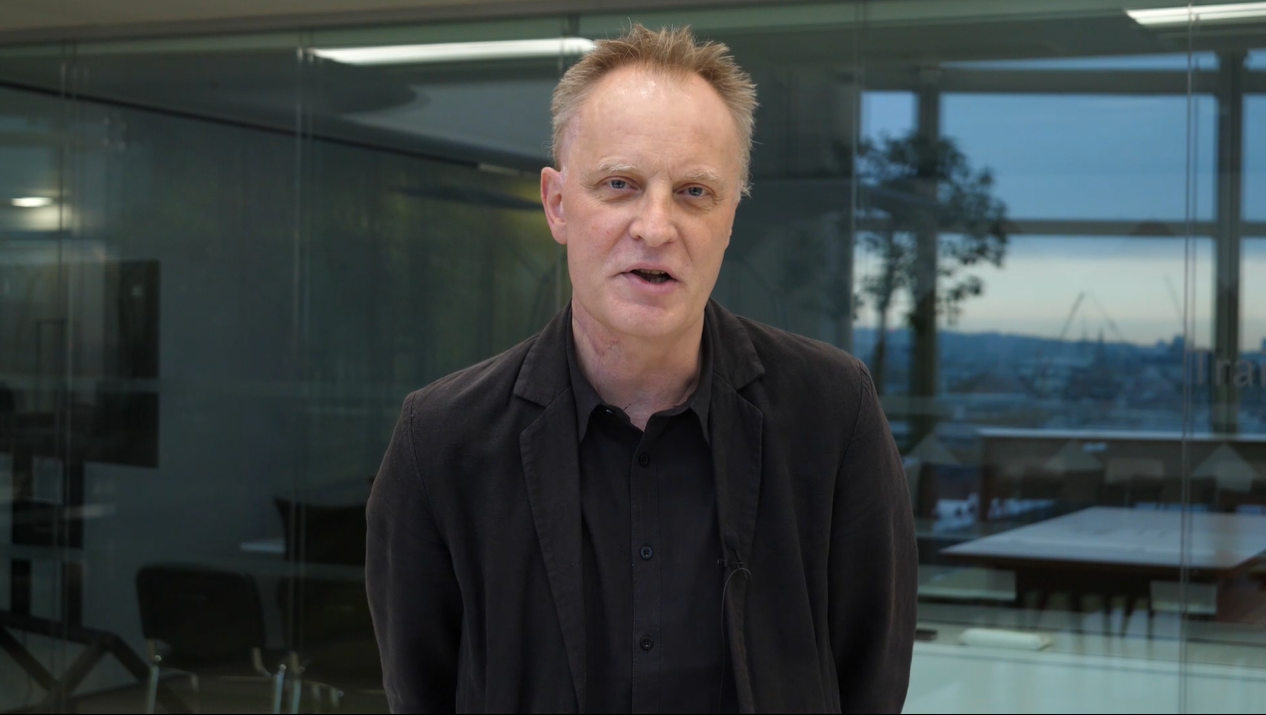
Richard Horton, Editor-in-Chief of The Lancet, shared and summarized the implications of the COVID-19 pandemic, climate change and other challenges facing humanity. Horton believed the forum provided an opportunity to “renew our thinking, renew our commitments and renew our action so that we can repair these broken global health systems.”
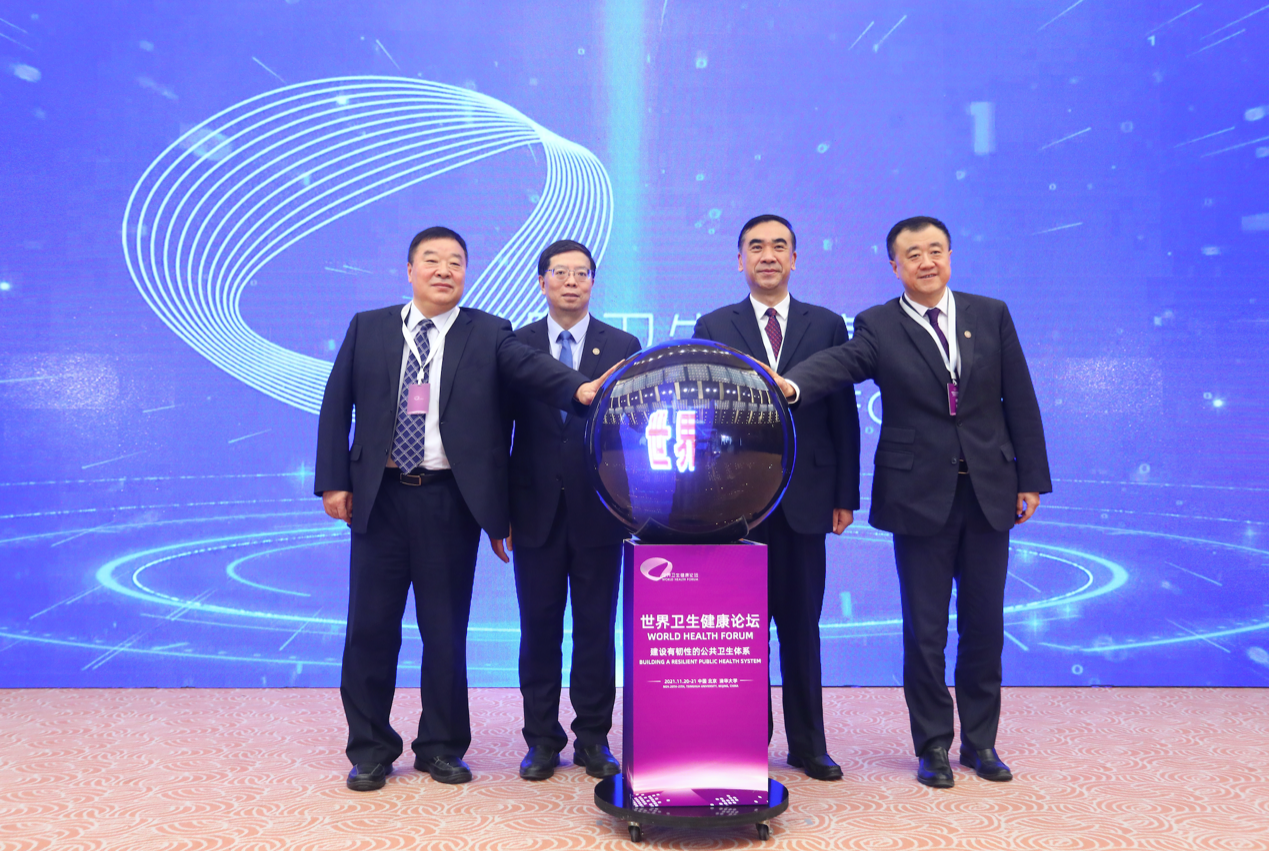
The online forum, with the theme of "Building a resilient Public health System", will hold four plenary sessions and a special session – the “Youth Power” forum. More than 50 world-renowned scholars, heads of international organizations, experts from international think tanks, health authorities and outstanding entrepreneurs from more than 20 countries and regions will deliver 32 online keynote presentations during the two-day forum. They will discuss about major topics covering the 2030 United Nations Sustainable Development Goals, universal health coverage, pandemic response preparations, ensure human health in a rapidly changing environment, healthcare in the big data era – new technologies, new methods and new trends, exchanging on the present and future of public health under the impact of pandemic. The forum aims to enhance international exchanges and cooperation, promote governance of global public health, and promote the realization of the sustainable development goals and universal health coverage.
The World Health Forum, initiated in 2021, is sponsored by Tsinghua University and undertaken by its Vanke School of Public Health. The forum aims to build an important platform for academic exchange, information exchange and experience sharing for all sectors of the world, build consensus, strengthen international exchanges in the field of public health, and make suggestions for global public health governance and global health development. It hopes to contribute wisdom to the implementation of the UN 2030 Agenda for Sustainable Development and the building of a community of health for mankind.
Writer: Sangeet Sangroula
Editor: Liu Shutian
Photographers: Li Pai, Xu Gang

